Lefevere on Chris Froome case: If cycling wants to be credible, things have to be clearer
'I don’t need the MPCC to behave myself as a good catholic' says Quick-Step Floors manager
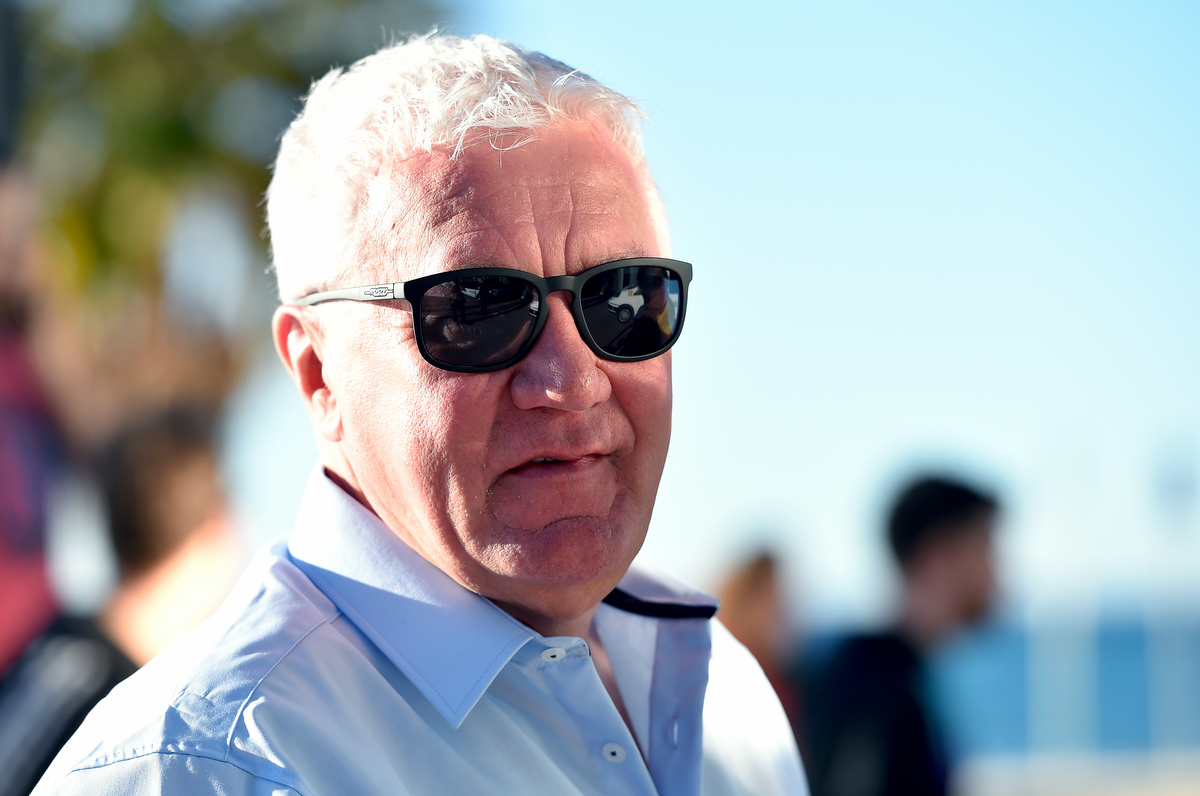
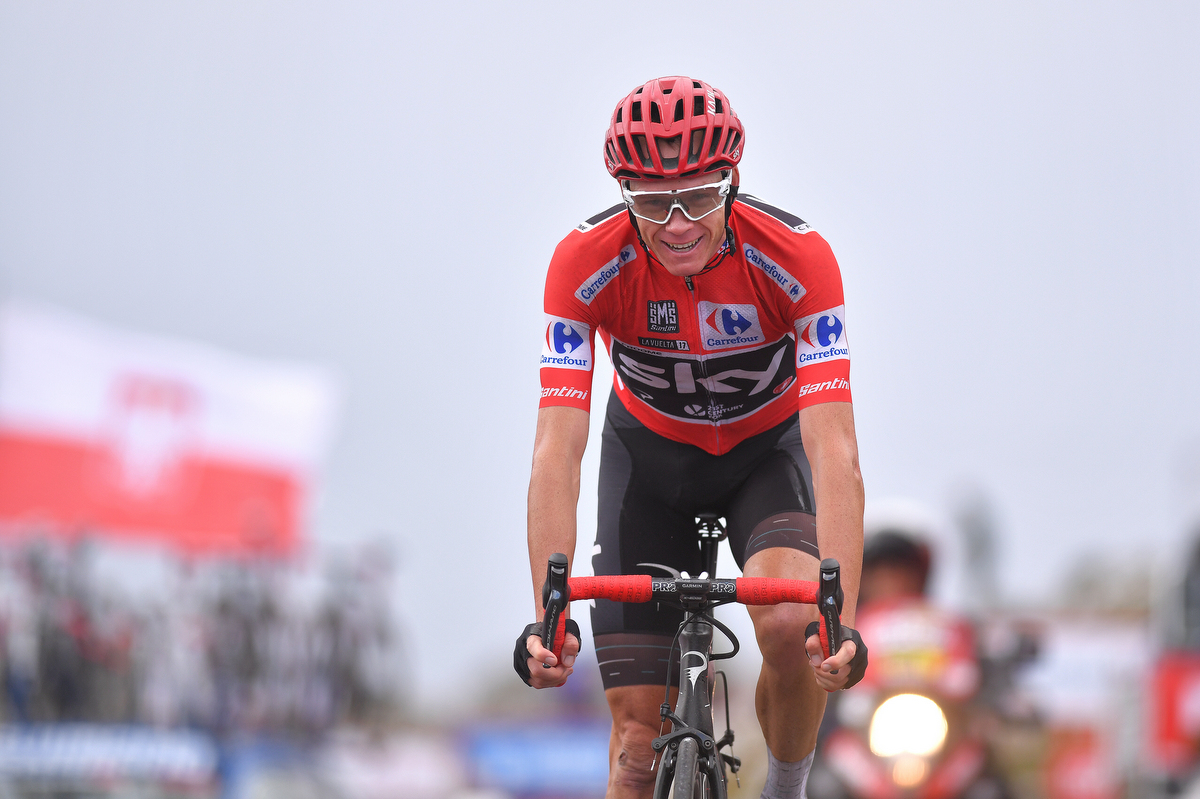
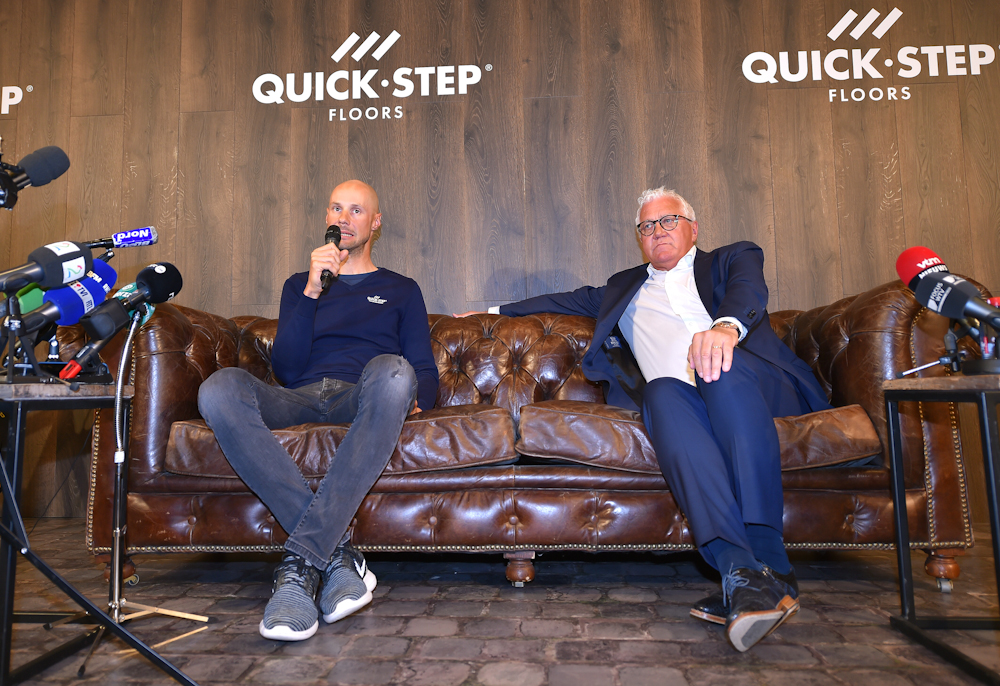
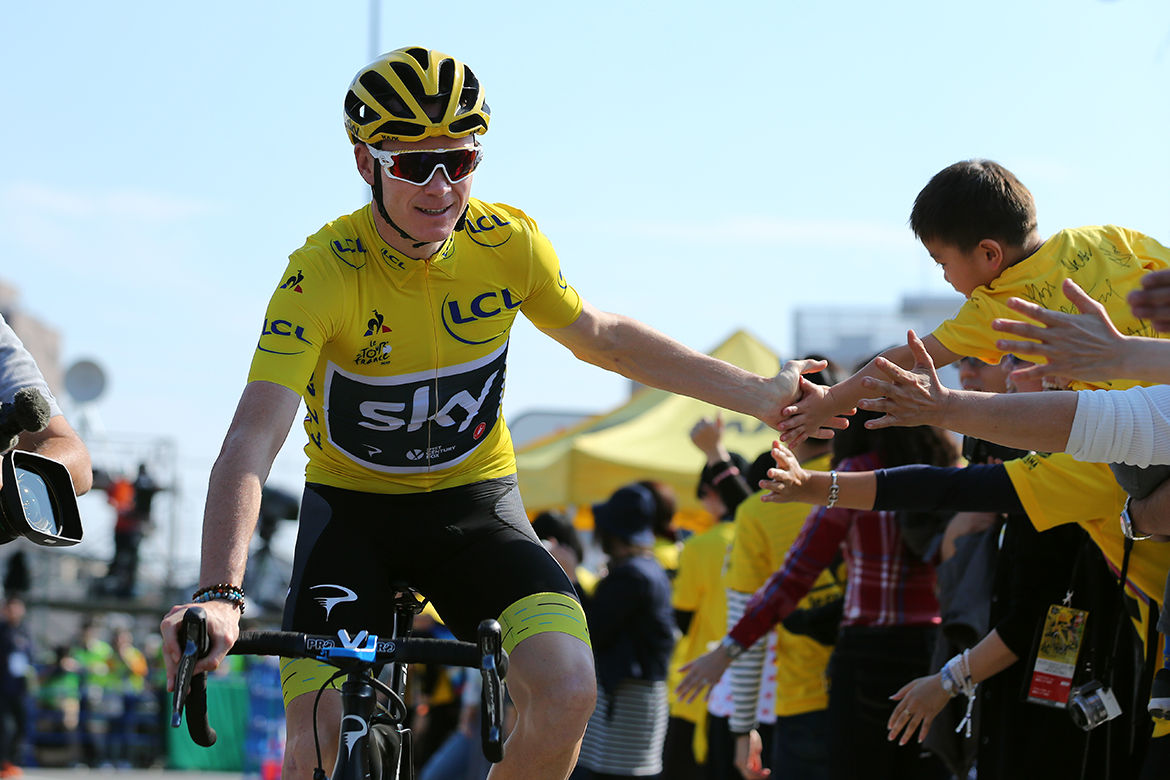
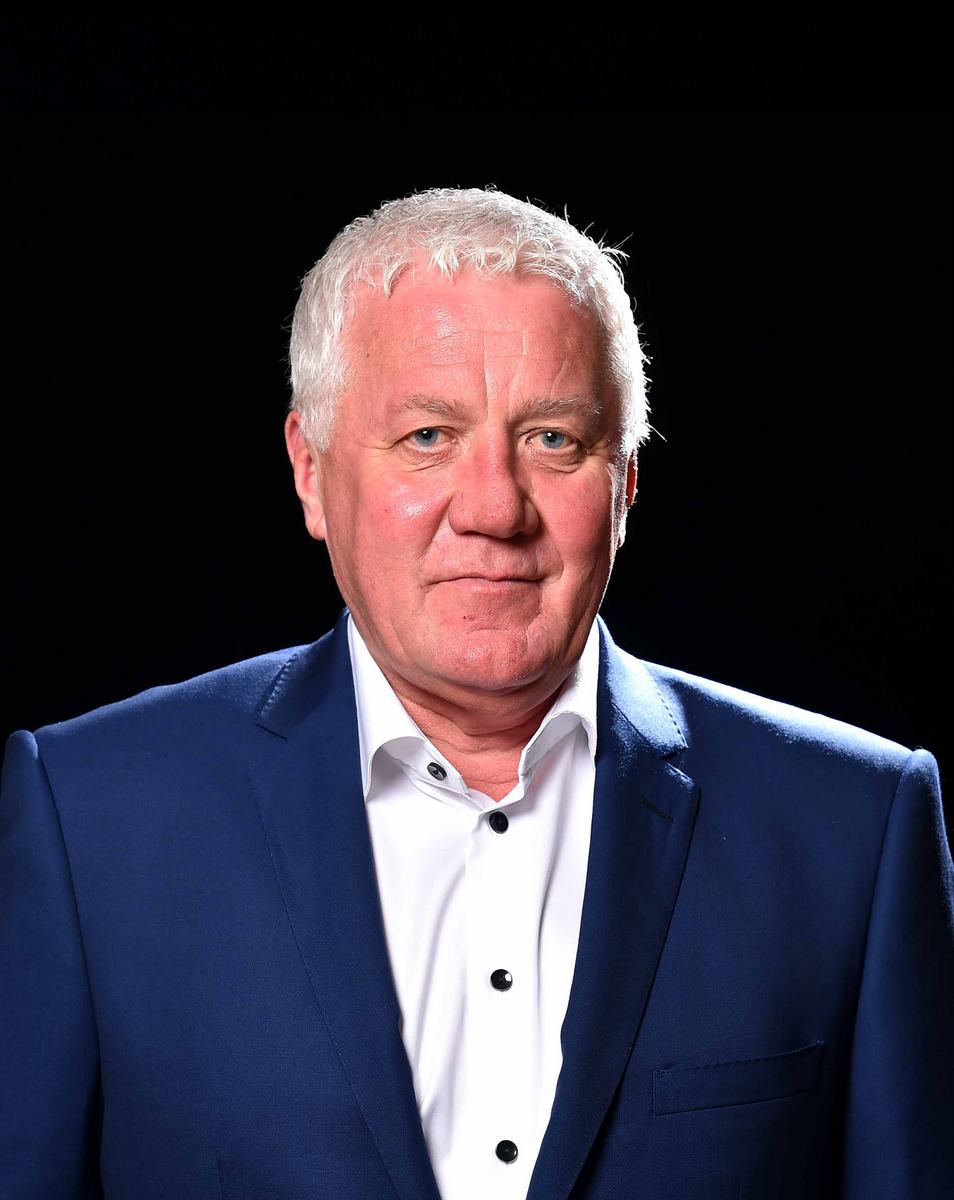
Patrick Lefevere believes Chris Froome's salbutamol case is both sad and damaging for cycling. The long-standing Quick-Step Floors team manager is reluctant to jump to conclusions on the Team Sky rider's culpability but insists a lack of clarity from the UCI is undermining the credibility of the sport.
"I'm sad. First of all, I'm sad," Lefevere told Cyclingnews at Quick-Step Floor's team presentation in Calpe. "Because it's always cycling. Unfortunately, nobody speaks about 50 per cent of athletes being suspended in athletics, and if you speak about doping in football, it doesn't exist, never existed, and will never exist."
Froome returned an Adverse Analytical Finding (AAF) for salbutamol at the 2017 Vuelta a España, with twice the permitted level of the asthma drug found in his urine in a post-stage 18 test. Given salbutamol is a 'specified' substance on WADA's prohibited list, Froome - who denies exceeding the permitted dosage - has not been provisionally suspended, but must now prove to the anti-doping authorities that his sample could have been skewed by other factors, such as dehydration and the proximity of his dose to his test.
"The rules should be more clear," argued Lefevere. "I was drinking two red wines, and now one whisky, and if I go out in my car and there's an alcohol control, I will be positive. If you do the control and they ask, 'did you drink something?' 'Yes, two wines'. OK, you blow, positive. You should have known.
"Then you can say, 'ah yes, but I'm light, I was sick…' No, this is the rule, and the rule has to be very clear, because now there are doubts about what he exactly did, the circumstances. Maybe he didn't drink for the last 30km, dehydration, whatever, I'm not a doctor and I don't want to be a doctor, but the UCI should be more clear."
Lefevere speaks as someone for whom a doping controversy has direct and serious consequences. The fragility of cycling's business model is as well known as its chequered past, and a whiff of scandal can quickly deter prospective investors.
After scrambling to find the resources to keep the Quick-Step Floors team alive in 2018, the 62-year-old spoke with evident frustration.
The latest race content, interviews, features, reviews and expert buying guides, direct to your inbox!
"Put yourself in my place for a moment. I'm looking for sponsors, and the four time winner of the Tour de France is suspected, in the eyes of the public, of doping. So I go tomorrow to the potential sponsors and they say, 'cycling, what's happening? Chris Froome? What's happening? Is he positive? Is he not positive? Where is the limit?' I don't know, you don't know. It has to be more clear. If cycling wants to be credible, we have to be more clear."
Various high profile figures in the sport, from managers and riders past and present, have offered their take on Froome in recent weeks. Some, such as Greg LeMond and Mathieu van der Poel have pulled no punches, while the likes of Tom Dumoulin have taken a more diplomatic position.
Lefevere was keen not to weigh in.
"I don't want to be like some of my colleagues, to shoot already," he said. "It's not because I'm a hypocrite – I think I'm one of the few in cycling who's not a hypocrite – but I cannot give a proper answer.
"Every case is different, like with [Alessandro] Petacchi and [Diego] Ulissi [both previously banned after AAFs for salbutamol – ed]. I don't want to judge because if he's innocent and I blame him, I should shut up. If I defend him and he's guilty, then they'll say, 'ah, cycling again, omerta'."
I don't need the MPCC to behave myself as a good catholic
One argument that has been raised in recent weeks is that Froome should not be free to race when he could potentially be given a ban at any moment. Dumoulin made the point last week that if he were in Froome's shoes, he would automatically be handed an internal suspension given his Sunweb team's membership of the Movement for Credible Cycling (MPCC), the voluntary body that has rules going beyond those of the UCI.
Lefevere did not say what he would do if a case like Froome's occurred at Quick-Step Floors, but he insisted that clarity from the UCI, and not the MPCC's supplementary regulations, is needed to restore cycling's credibility.
"It's easy to say you are part of the Movement for Credible Cycling, then you have two positives so you leave, then the year after you join again. Look at Bardiani, they've had positives in the last two years – and not for caffeine but for growth hormone – and look what I read now, Bardiani is joining the MPCC again.
"What I hate is that I immediately received an email from the MPCC, saying 'you should join us'. We have a biological passport, of which I'm one of the fathers. I believe in the passport, and we have a governing body that should enforce the rules. I don't need the MPCC to behave myself as a good catholic.
"I sometimes give a speech to my riders. I say: 'Before you become crazy, come to me. Before you take doping, think about 75 families you could blow up the futures of, and how you are going to pay me 50 million euros.
"I don't speak for long, but clear enough you can hear a pin drop. I don't repeat myself that much but I swear that if you're my rider, and you destroy my team, I will be coming after you until hell."
Patrick is a freelance sports writer and editor. He’s an NCTJ-accredited journalist with a bachelor’s degree in modern languages (French and Spanish). Patrick worked full-time at Cyclingnews for eight years between 2015 and 2023, latterly as Deputy Editor.
